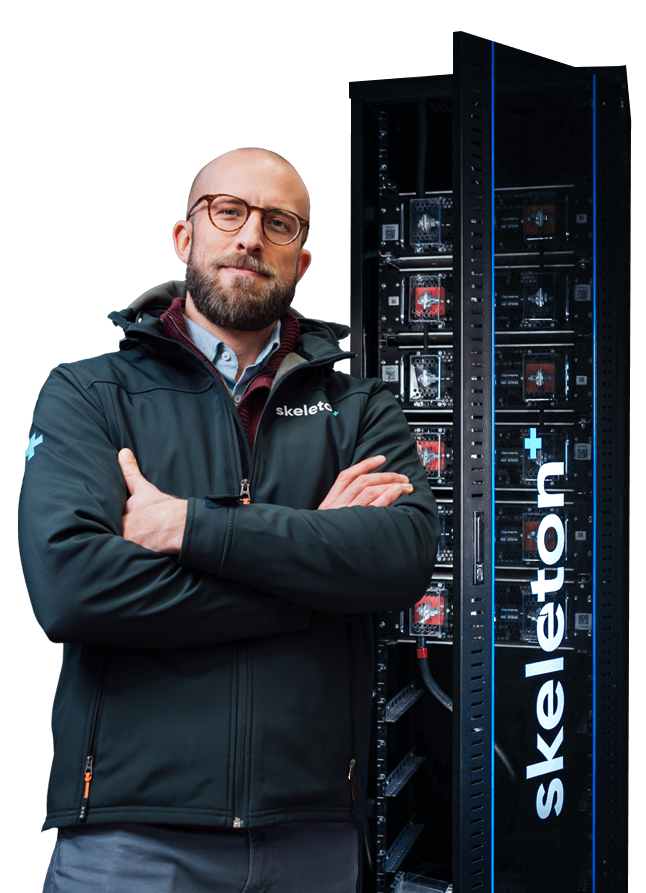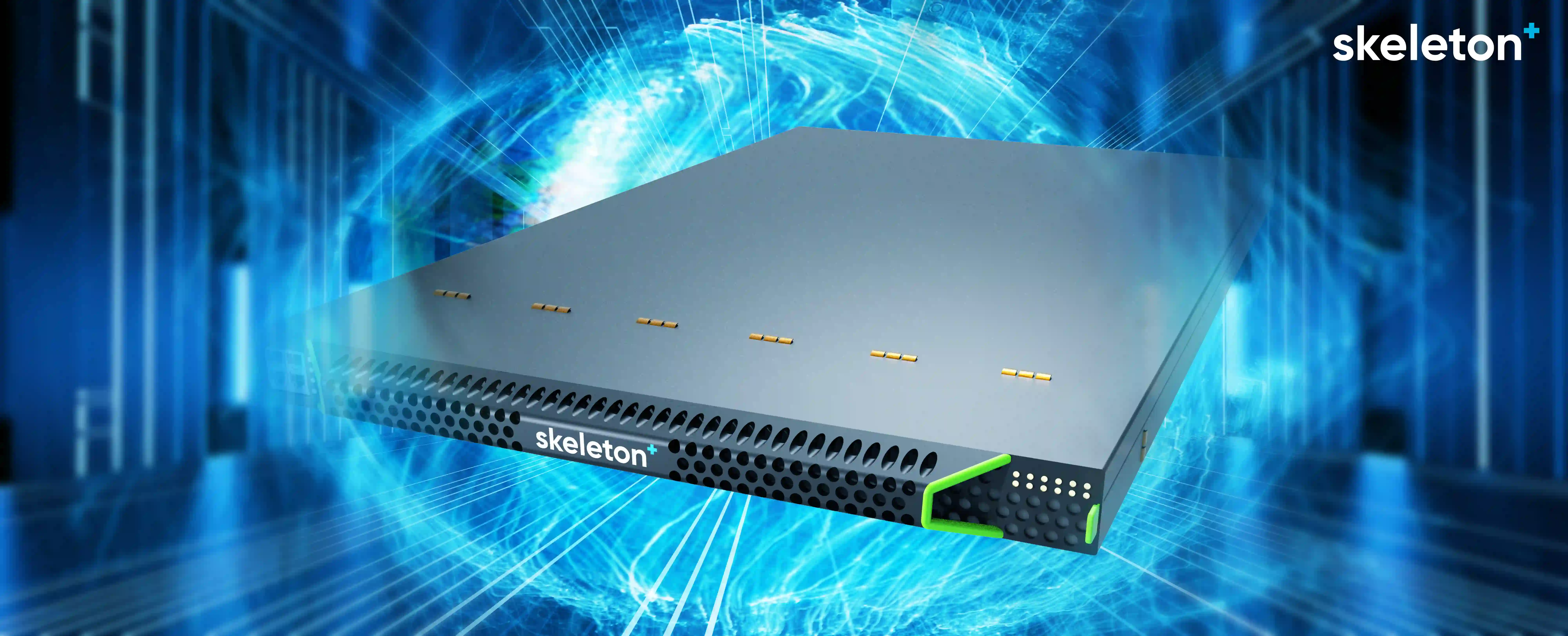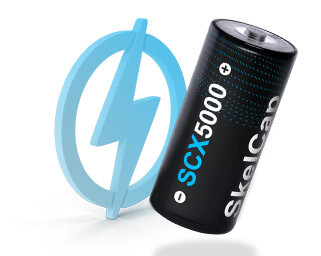
Why Choose SuperBattery Over a Lithium-Ion Battery?

SuperBattery, is one of Skeleton Technologies flagship products, is energizing industries from mining to marine. Yet, its game-changing potential extends even further, offering opportunities for growth and performance improvements in sectors where Li-ion batteries fall short. So, which sectors stand to benefit the most from SuperBattery, now and in the future? From aerospace to industrial machinery, and even data centers, the potential is huge. SuperBattery can enhance operational efficiency, reduce downtime, and boost safety across various industries, making it a smart investment for companies looking to maximize their industrial potential.
Why choose SuperBattery over traditional Lithium-Ion batteries?
The SuperBattery serves as a hybrid, bringing together the best of both Supercapacitor and Lithium-ion battery technology. It delivers energy faster than a conventional Lithium-ion battery and has a higher energy density than a Supercapacitor. Furthermore, independent safety tests have also shown the SuperBattery to have a higher safety rating due to no thermal runaway reactions occurring.
A customer should decide based on the balance of these factors relative to their specific application. If the application demands quick charging, longer life with respect to high current applications, and improved safety, then SuperBatteries may be the preferable option.
Skeleton Technologies is planning to launch R&D activities in Toulouse, France in 2024 and SuperBattery production in 2027. What does expansion into France mean for SuperBattery's future?
Skeleton's expansion into France marks an exciting new chapter in the company's growth! For the SuperBattery team, this move offers the chance to work more closely with new talent and local experts, further refining our development plans. This collaboration will allow us to reach higher targets and develop more advanced products. While I believe SuperBatteries are the optimal choice for many applications compared to traditional Lithium-ion batteries and supercapacitors, the diversity of the market means that a range of technologies is beneficial. Ultimately, the goal is to support the adoption of greener technologies.
Which industries benefit most from SuperBattery, now and in the future?
The SuperBattery has the potential to significantly enhance industrial operations by improving key performance metrics. Integrating SuperBatteries can lead to increased operational efficiency, reduced downtime, and heightened safety across various sectors.
1. In the aerospace industry, particularly in electric aircraft and drones, SuperBattery technology offers substantial benefits. Its rapid charge/discharge capabilities and high-power density make it ideal for delivering the energy needed during take-off and landing, while also ensuring quick recharges between flights. Additionally, the design of SuperBatteries eliminates the risk of thermal runaway, making them a safer choice for aerospace applications.
2. In the intralogistics sector, such as warehouses and distribution centres, SuperBattery technology is particularly advantageous for powering automated guided vehicles (AGVs), robotic arms, and other material handling equipment. The ability to rapidly charge and discharge energy allows for enhanced efficiency and reduced downtime, contributing to smoother and safer operations.
3. The industrial machinery sector, especially heavy-duty hybrid equipment, can also benefit from the integration of SuperBatteries. In hybrid drive trains, which combine internal combustion engines with electric powertrains, the SuperBattery’s capability to deliver high power bursts and recharge quickly can improve the efficiency and performance of machinery like cranes and forklifts, leading to higher productivity and less operational interruption.
4. The data centres industry can greatly improve their uninterruptible power supplies (UPS) and backup systems by adopting SuperBattery technology. The SuperBattery’s ability to provide quick power bursts during outages and rapidly recharge ensures continuous operation with minimal downtime, enhancing reliability and reducing the risk of data loss.
5. In general grid applications, such as UPS, spinning reserves, and frequency regulation, SuperBattery technology can play a critical role. Its fast charge/discharge cycles and high-power density make it ideal for stabilizing the grid during peak demand and providing reliable backup power. Incorporating SuperBatteries into grid infrastructure can improve overall grid stability, support renewable energy integration, and enhance response times to power fluctuations.
What should you consider when buying a SuperBattery?
Performance and Compatibility: Ensure the SuperBattery's power density, energy capacity, and charge/discharge rates align with your specific application needs. Verify that it can easily integrate with your existing systems and machinery, particularly if you’re using hybrid drive trains or equipment requiring high bursts of power.
Safety and Reliability: One of the key advantages of the SuperBattery is its safety profile, particularly the absence of thermal runaway risks. However, it’s important to understand its operating limits and how it performs under different environmental conditions to ensure it meets the safety requirements of your particular industrial environment.
Scalability and Future proofing: Consider how easily the SuperBattery can scale with your business as your power needs grow. Assess its compatibility with future upgrades or expansions in your industrial operations, ensuring it can support increased capacity or integration with emerging technologies without requiring significant changes to your infrastructure.
🔋 Curious to learn more about SuperBattery? Click here





